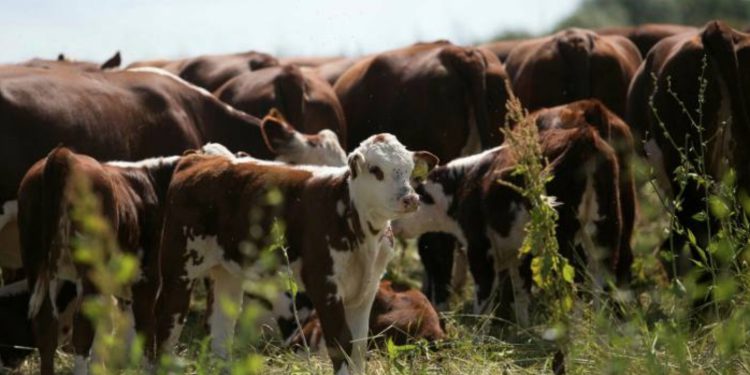The Financial Times says an increasing number of stakeholders in the world’s food system — including companies, non-profits, farmers and governments — are backing a growing number of new sustainability metrics and rankings.
This trend is being driven by a view that benchmarks and index rankings can raise awareness of sustainability factors, while also helping to guide banks, investors and those in the supply chain to engage with food systems that will not damage the planet.
Benchmarks will help to advance sustainable practices, argues Gerbrand Haverkamp, executive director of the World Benchmarking Alliance (WBA) — a non-profit organisation that is building metrics to help achieve the UN’s Sustainable Development Goals.
“There is no magic in the benchmark,” he says, explaining that showing which organisations are lagging behind can prompt others — such as supply chain partners, investors, and governments — to act. There is also an element of peer pressure which helps promote change, he adds.
In the UK, the Sustainable Food Trust (SFT) is looking to raise sustainability levels on farms using its Global Farm Metric, based on the principle that “you can’t manage what you can’t measure”. Working with a coalition of 35 organisations, including leading retailers, banks and environmental NGOs, the charity is building a platform measuring sustainability across 11 categories, such as water use, animal husbandry, and human capital.























